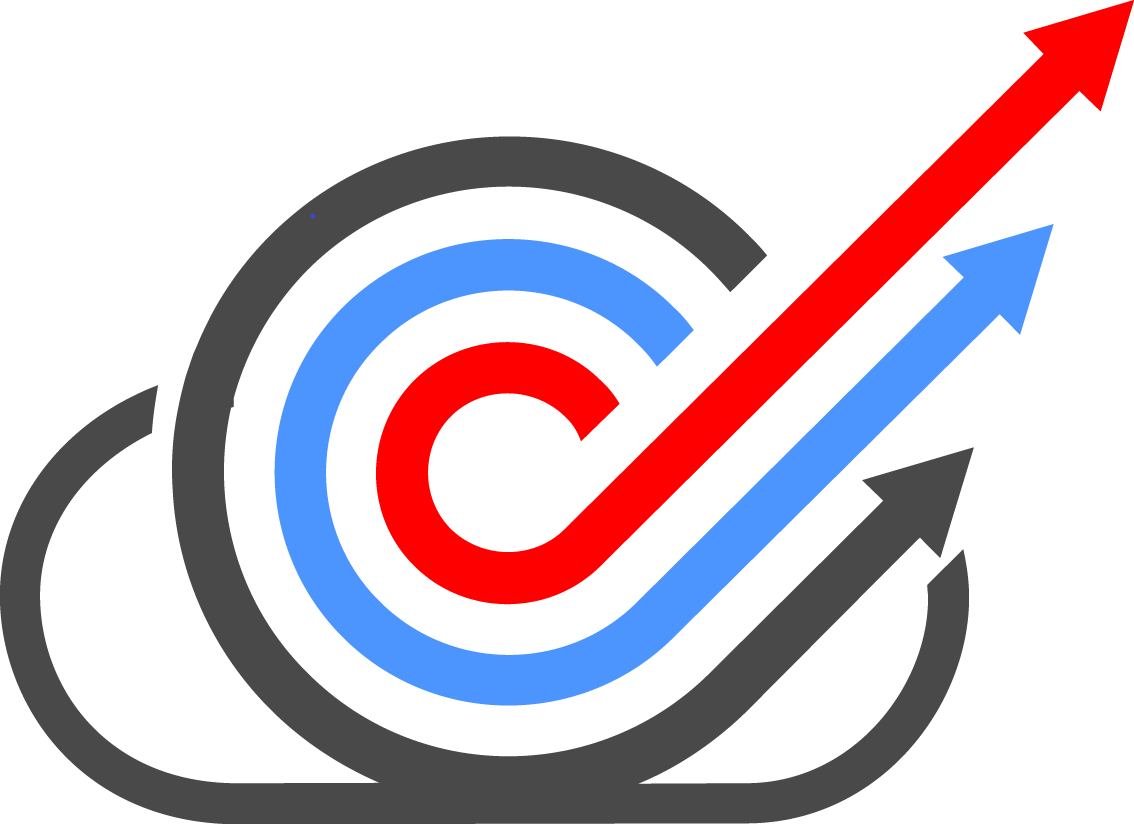DocBook
DocBook is an XML-based markup language designed specifically for writing technical documentation. It provides a structured format for authors to create complex documentation that can be published in various formats. Developed and maintained by the DocBook Technical Committee under OASIS (Organization for the Advancement of Structured Information Standards), DocBook is widely used in the software, hardware, and documentation industries.
Key aspects of DocBook include:
Structured Documentation: DocBook provides a comprehensive set of tags for structuring technical documents, including books, articles, manuals, and reference guides. This helps maintain consistency and organization across large documents.
Versatility: DocBook supports a wide range of document types and components, such as sections, chapters, appendices, tables, figures, and code examples. This versatility makes it suitable for various types of technical content.
Multi-Format Publishing: Documents authored in DocBook can be easily transformed into multiple output formats, including HTML, PDF, EPUB, and Microsoft Help formats. This allows for the same source content to be published across different platforms.
Customization and Extensibility: DocBook is highly customizable and extensible. Authors can define their own tags or modify existing ones to better fit their specific documentation needs, while still adhering to a structured framework.
Interoperability: Being an XML standard, DocBook ensures interoperability with other XML-based tools and systems. This facilitates the integration of DocBook content into larger documentation workflows and content management systems.
Community and Support: DocBook has a strong community of users and contributors who provide tools, resources, and support for authors. This includes stylesheets, editors, and processing tools that simplify the use of DocBook.
Metadata and Indexing: DocBook supports detailed metadata tagging, which enhances the searchability and organization of documents. It also includes robust indexing capabilities, making it easier for users to find information within large documents.
Conclusion
DocBook is a powerful and flexible tool for creating structured technical documentation. Its ability to produce consistent, high-quality content that can be published in various formats makes it an essential resource for technical writers and documentation teams. By leveraging DocBook, organizations can ensure their technical documentation is well-organized, easily maintainable, and accessible across multiple platforms, ultimately improving the dissemination and usability of their technical information.
BITS conversion @ Data Innovations
Data Innovations provides DocBook conversion services that facilitate the transformation of various content formats into the DocBook XML standard, widely used for technical documentation and publishing. Key aspects of their DocBook conversion services include:
Standards Compliance: Converts content to adhere to the DocBook XML standard, ensuring consistency and compatibility across different platforms and systems.
Comprehensive Conversion: Supports the conversion of various types of documentation, including manuals, books, articles, and reference materials into DocBook format.
Custom Solutions: Offers tailored conversion solutions to meet the specific needs of technical writers, publishers, and organizations.
Quality Assurance: Ensures high accuracy and quality in the conversion process, maintaining the structure and integrity of the original content.
Metadata Management: Facilitates the inclusion and proper tagging of metadata, enhancing the discoverability and organization of technical documentation.
Integration: Enables seamless integration of DocBook XML content with content management systems, publishing platforms, and digital repositories.
Efficiency: Utilizes advanced tools and automated workflows to streamline the conversion process, reducing turnaround times and manual intervention.
Scalability: Handles projects of various sizes, from individual documents to large-scale documentation sets.
Expert Team: Employs a team of professionals with expertise in XML technologies and in-depth knowledge of technical documentation requirements.
Enhanced Interoperability: Ensures that converted content is compatible with various tools and systems used by technical writers, publishers, and organizations.
These services are essential for organizations looking to standardize their technical documentation, improve interoperability, and enhance the digital distribution and accessibility of their content. Data Innovations
Data Innovations